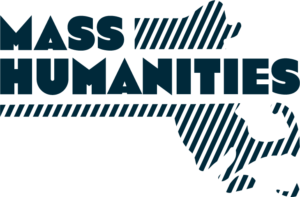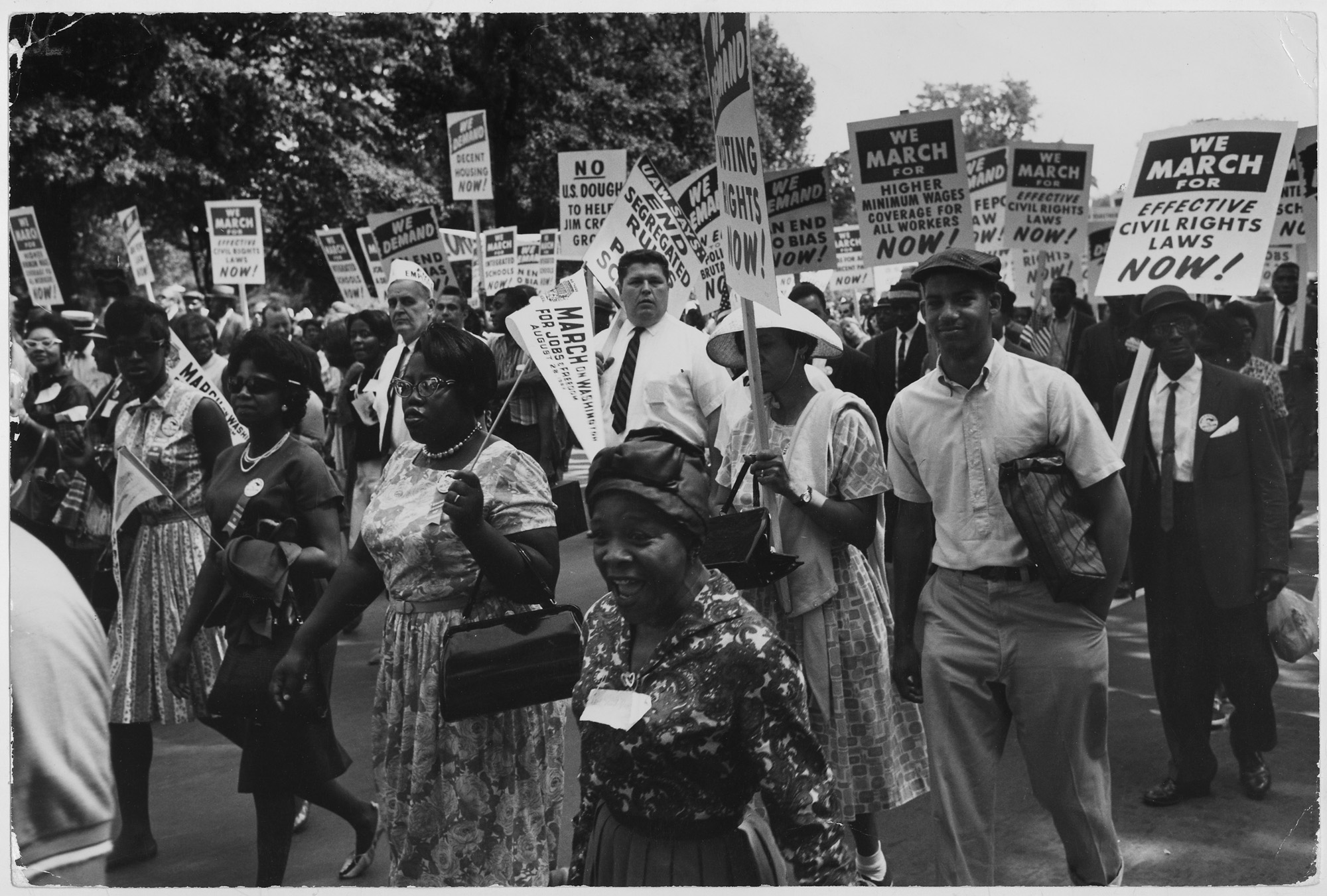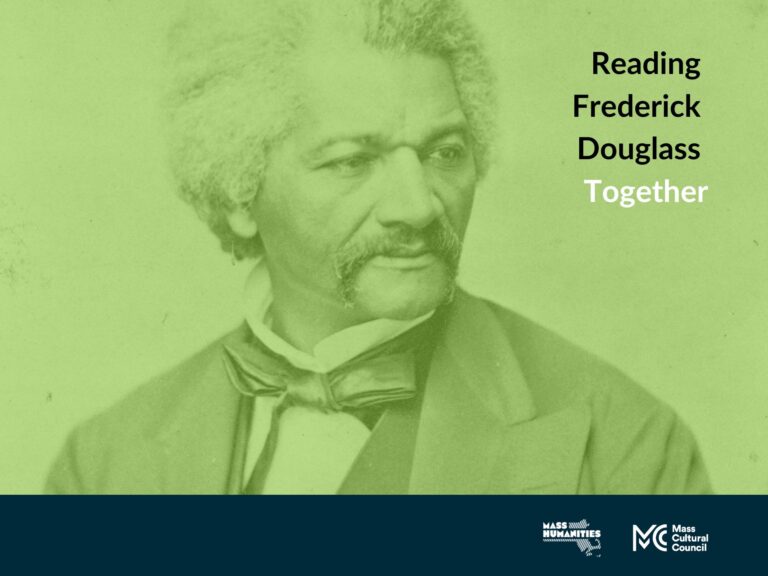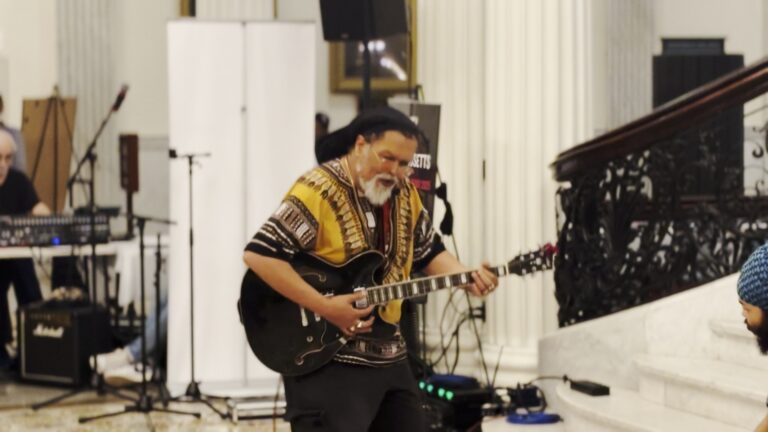By Marie Pellissier, Program Officer
We at Mass Humanities are so excited to bring back the Museum on Main Street (MoMS) program! MoMS is a collaboration with the Smithsonian Institution Traveling Exhibition Service (SITES) and six local partners in rural communities across the state. In 2025-2026, we’re bringing the exhibition “Voices and Votes: Democracy in America” to Massachusetts. It’s a great chance to build on the success that we had with our last MoMS exhibition, “Crossroads: Change in Rural America,” which helped us expand our partnerships across the state and brought tens of thousands of new visitors to the six host sites.
“Crossroads” explored how rural America is confronting changes and challenges, and the unique assets of rural communities. Our six host sites—in Rutland, Athol, Turners Falls, Sheffield, Hull, and Essex—each hosted the exhibition for six weeks. In that time, the sites held public programs that ranged from community conversation to scavenger hunts and film screenings.
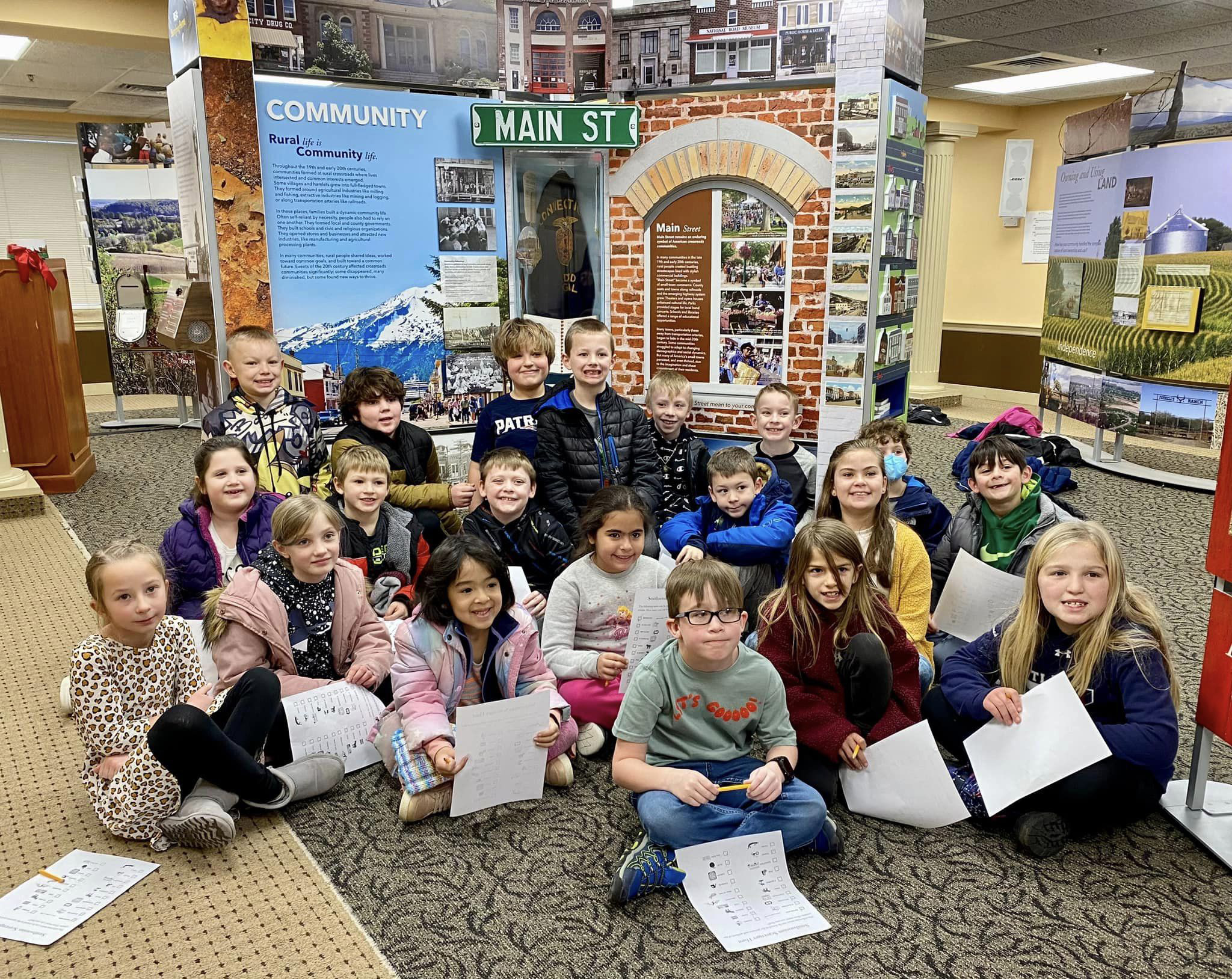
Mass Humanities supported all this programming with funding and with capacity building workshops that we hosted before the exhibition arrived. These workshops covered topics including how to run a community conversation, best practices for publicity and outreach for the exhibit and programs, and how to get the exhibit from one site to another safely and in one piece. Communities also had access to the expertise of our tour scholar, Dr. Leo Hwang, who provided scholarly insight into the exhibit’s themes of place and community. Over 23,000 people saw “Crossroads”—and 57% of them were first-time visitors to the host sites!
Host sites for “Voices and Votes” can expect similar benefits—and will have the same support from Mass Humanities. In addition to the exhibition, selected host sites will receive:
- $10,000 in grant funding to support public programs and other exhibition-related costs.
- Monthly virtual capacity-building workshops with Mass Humanities staff and other experts.
- Community conversation facilitation training.
- In-person training on how to assemble the exhibit.
- Support from our tour scholar, Dr. Amel Ahmed, an associate professor of political science at UMass Amherst.
“Voices and Votes” tells the story of American democracy, from its beginnings in the eighteenth century to the present. This is not an exhibit about politics—nor is it a timeline of major moments in political history, or a linear march of progress. Instead, the exhibit explores American democracy through four guiding questions:
- Who gets to participate in democracy?
- How do you get people to participate in democracy?
- Is there a way for citizens to participate beyond the ballot?
- What are the basic rights and responsibilities of citizens?
I attended the national planning meeting for the 2025-2026 Voices and Votes tour in Annapolis, Maryland, in February, and got to see for myself some of the coolest features of the exhibit. In addition to the artifacts—from posters and political cartoons to voting machines and campaign buttons—the exhibit comes with a set of interactive games, called “American Experiments.” Our collective favorite was “Head to Head,” which asks players to decide who was the most influential American in history or which food is the most American through a tournament-style bracket. This, and the other American Experiment games, can be played with the exhibit or brought to other spaces, and will be a great way to bring the exhibit out of the venue and into the community.
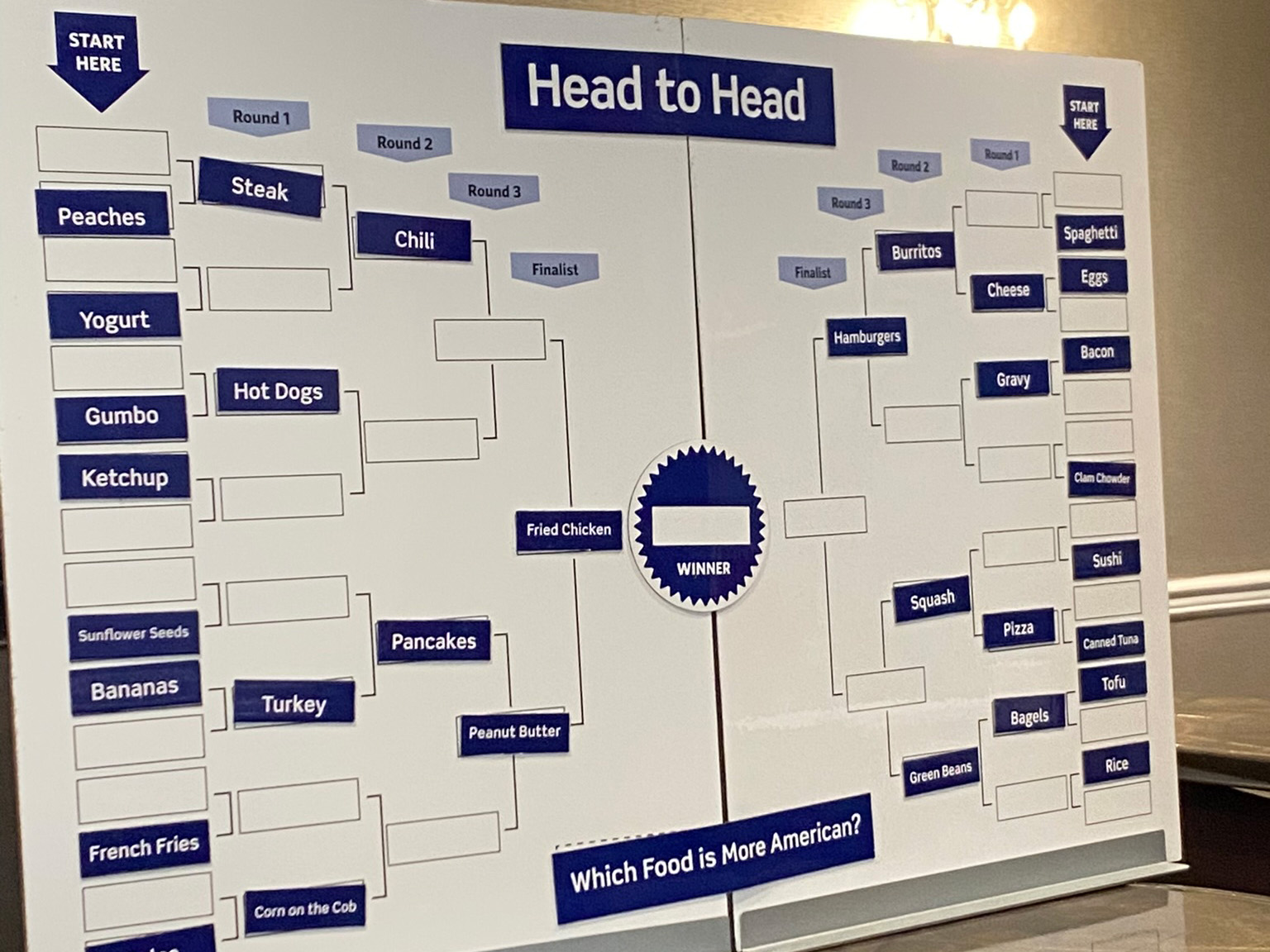
“Voices and Votes” is based on the exhibit “American Democracy: A Great Leap of Faith” at the National Museum of American History (NMAH), and while I was in the area, I had a chance to go see the big exhibit. Like “Voices,” “American Democracy” is emphatically not about politics—it’s about democracy, and our rights, responsibilities, and privileges as members of a democratic society. On display, there were objects that demonstrated how we vote, like a nineteenth-century voting machine; objects that showed how we participate in democracy by raising our voices, like protest posters from the twentieth century; and objects that made me think about who gets to participate in democracy, like political cartoons about immigration from the nineteenth century.
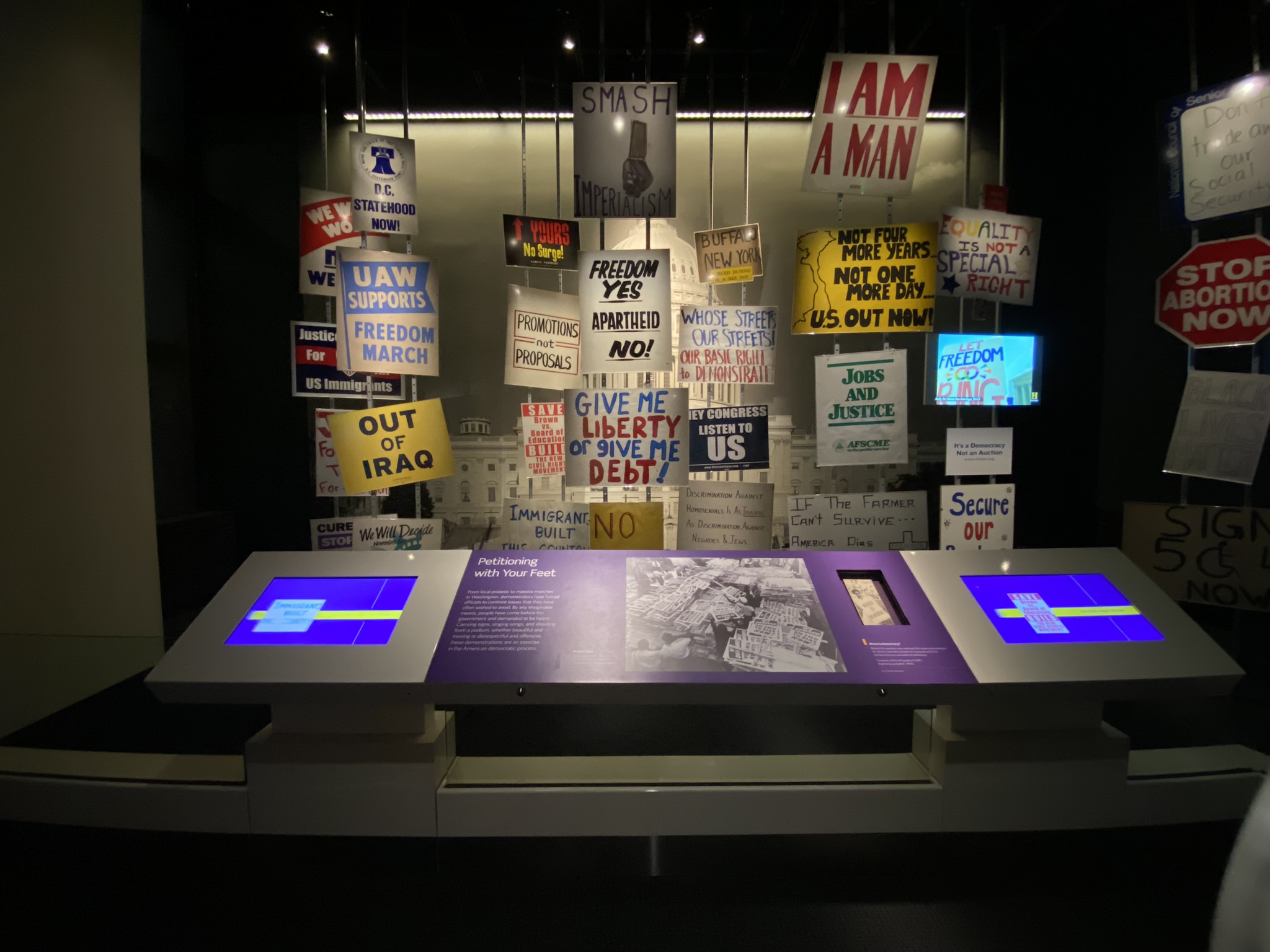
“Voices and Votes” will bring together rural communities across Massachusetts to participate in a statewide discussion of democracy. What does it mean to you personally? What does it mean to your town? What does it mean to our state—and, ultimately, what does it mean to our country? Consider these questions—and consider hosting MoMS in 2025-2026! If you’re interested in applying, please reach out to Program Officer Marie Pellissier at mpellissier@masshumanities.org. More information, including eligibility requirements and a sample application, are available on our website.
Voices and Votes is made possible in Massachusetts by Mass Humanities. Voices and Votes: Democracy in America is part of Museum on Main Street, a collaboration between the Smithsonian Institution and State Humanities Councils Nationwide. It is based on an exhibition by the National Museum of American History. Support for Museum on Main Street has been provided by the United States Congress.
![]()
